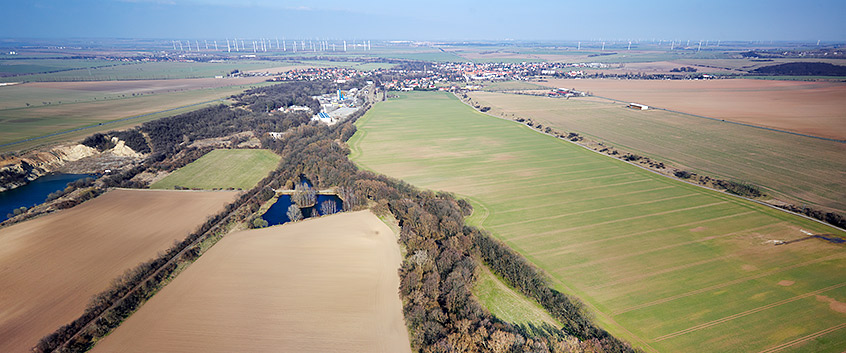
Department of Computational Landscape Ecology
How does land use impact ecosystem functions, biodiversity and renewable resources, i.e. ecosystem services, which humans obtain from nature? What is more important for maintaining ecosystem services in landscapes: the intensity of land use, the combination of different types of land use or the configuration of landscapes? What are the drivers of land use change? How should feedback between different ecosystem services be quantified and how should this knowledge be utilised to weigh up different types of resource use? Finally, how are the answers to these questions different in various world regions?
Utilising field observations, remote sensing data, and statistical analysis we develop and use integrated simulation models, which provide an understanding of the interactions of land use and ecosystem services. These models encompass water and matter dynamics, species distribution models and simple models of species interaction such as pollination and pest control. Scientists in the CLE Department utilise data from many regional case studies. Meta-analytic approaches help to assess how valuable regional research results are for a global scale research perspective. For this we identify key land system indicators that allow transferability of results. To do this, we use large volumes of data (including global data) and develop statistical procedures for regionalisation and to estimate how representative regional studies are for land use in a global context.In utilizing and applying the resolved knowledge, we support the development of options for the appropriation of limited, naturally renewed resources and ecosystems and prevent potential conflicts of use. Our objective is to use interdisciplinary collaboration and methods to develop management options for maintaining the productivity of our landscapes while at the same time safeguarding ecosystem functions and biodiversity.
Mission Statement
- Mission statement & Guiding principles (38.9 KB)
- Related recommended reading: Seppelt et al. 2018, TREE
